As an online weight loss coach with years of experience, I’ve witnessed countless clients struggle to shed pounds by restricting their calorie intake. Many of them are surprised to find more success in achieving permanent weight loss when they learn how to embrace a counterintuitive approach: eating more to lose weight.
In the world of dieting, the prevailing wisdom has always been to eat less and move more. While this advice may have some merit, it oversimplifies the complex relationship between food intake and weight management.
One of the main tenets of my weight loss coaching program (and the reason why my clients are able to lose weight and keep it off for good) is that it actually encourages you to stop depriving yourself and EAT MORE.
Laura’s Weight Loss Results After She Started Eating More
Ellen’s Weight Loss Results After She Started Eating More
Let’s take a closer look at these amazing transformations and explore the science behind the idea of eating more to achieve your weight loss goals.
The Science Behind Eating More to Lose Weight
Contrary to popular belief, weight management isn’t solely determined by the number of calories consumed and burned. Food isn’t just about calories – it’s also a source of essential nutrients your body needs to function properly. Let’s start with two reasons why its possible for you to eat more food but still lose weight.
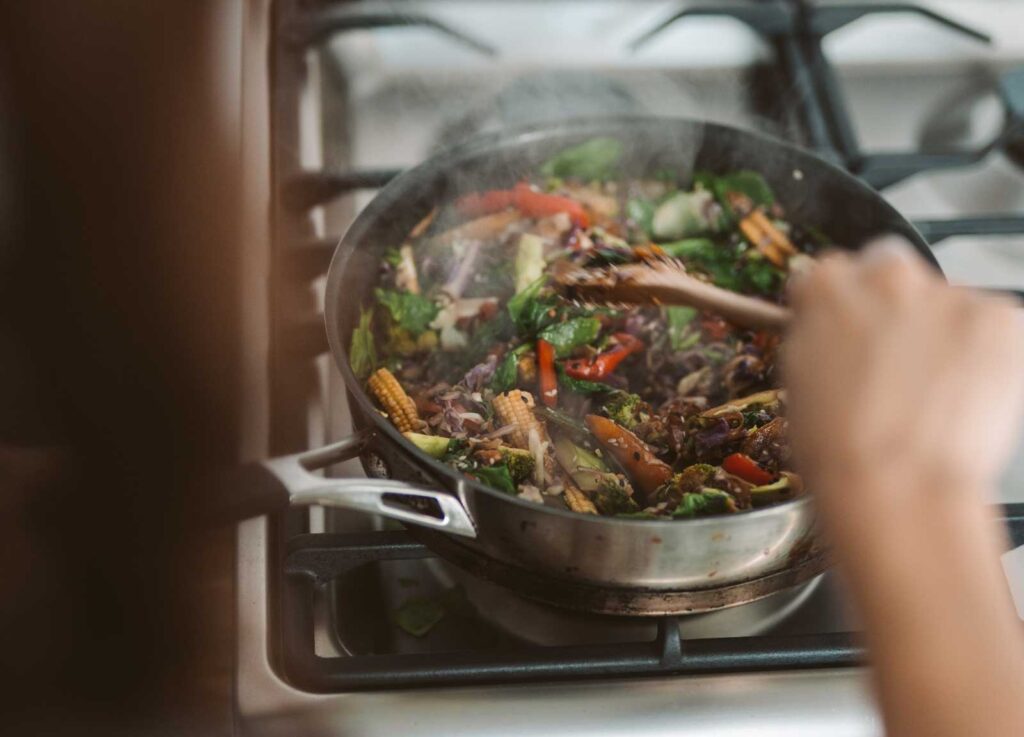
What Makes your Body Lose Weight When you Eat More Food
1. Eating more can boost your metabolism, leading to weight loss.
When you consistently consume too few calories, your body perceives it as a threat to survival. In response, it slows down your metabolic rate to conserve energy, making it even more challenging to lose weight.
By eating more of the right foods, you can help reset your metabolism to a healthier rate. When you provide your body with an adequate amount of fuel, it’s less likely to go into survival mode, allowing your metabolism to function optimally.
2. Eating more will provide your body with the energy it needs to function optimally.
When you skimp on food, you miss out on vital vitamins, minerals, and other micronutrients that play a crucial role in maintaining overall health and supporting your weight loss efforts.
Eating more nutrient-dense foods ensures that you not only satisfy your hunger but also provide your body with the building blocks it needs to work at its best. This can help improve your energy levels and reduce cravings for unhealthy, calorie-dense foods.
Ellen‘s Plan to Lose Weight by Eating More
For Ellen, it all started with evelating her morning meal. Her usual routine was to skip breakfast, often not feeling hungry until around 1 pm. Once she learned to kick off her day by eating more, she started to see immediate results.
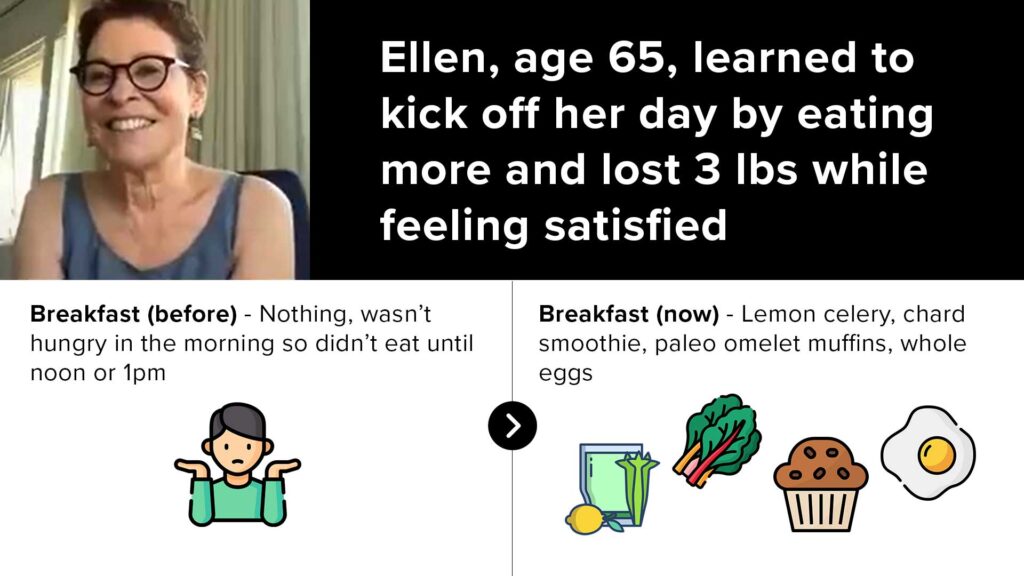
What Ellen said about eating more to lose weight:
I love the fact that you started with easy changes to my breakfast routine – I didn’t have to feel overwhelmed. At first I thought ‘Im eating a tremendous amount of food, how am I possibly going to lose weight doing this?’ Then I lost 3lbs and I was hooked. Now I get up in the morning and I’m starved, and I’m able to eat this big bowl of tasty food and feel satisfied.
Laura’s Plan to Lose Weight by Eating More
A busy banker with little time to worry about what she should eat to lose weight, Laura D would wait until she couldn’t ignore her hunger anymore, then grab the first thing she’d see that was easy. We worked together to plan high-protein, to-go breakfasts and snacks to have on hand at the office or when she travels.
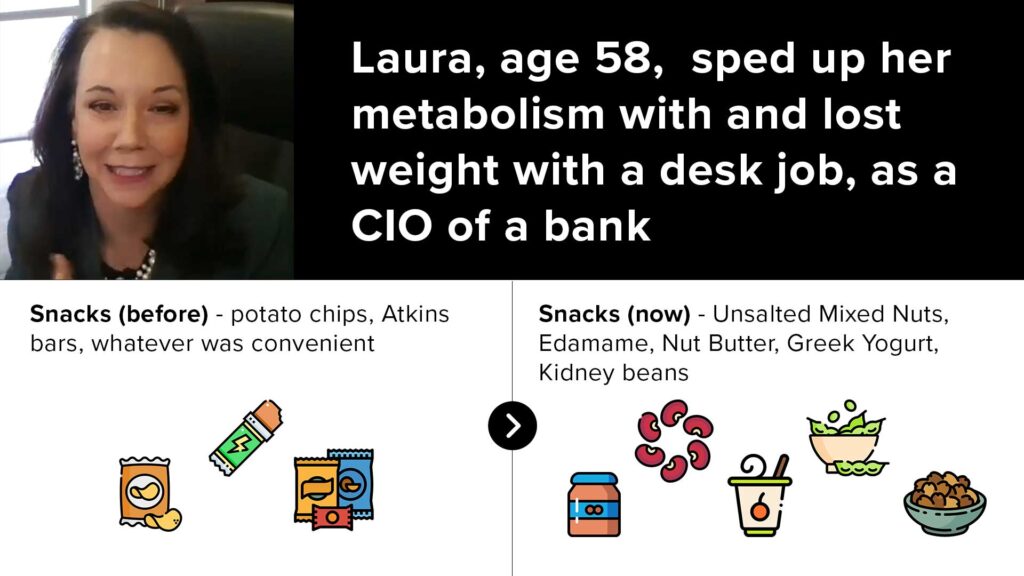
What Laura D. said about eating more to lose weight:
I went from processed food to high-quality, real food and now I absolutely feel more satisfied. I don’t feel like I’m on a diet. By Nagina demonstrating the science behind eating more and when to eat it, I get it now. “
Not Eating Enough Can And Will Hinder Your Weight Loss
Before I give you tips on how to eat more to lose weight, it’s essential to recognize the signs that you may not be consuming enough calories. Ignoring these signs can sabotage your weight loss progress and potentially harm your health.
Signs You’re Not Eating Enough
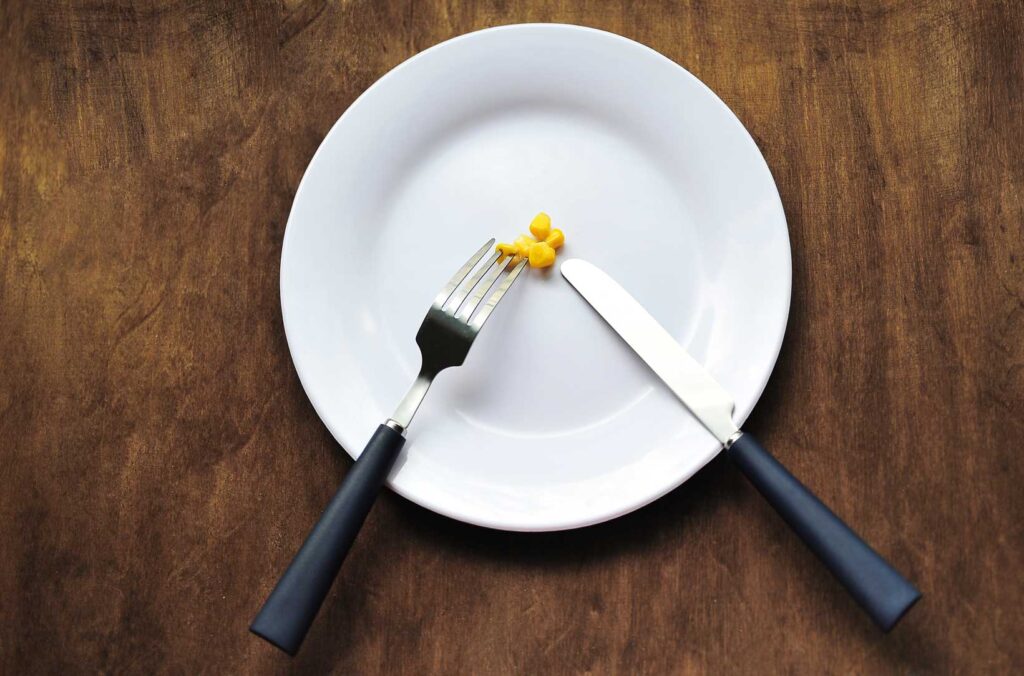
- Constant Fatigue
If you find yourself feeling tired and low on energy throughout the day, it may be a sign that you’re not eating enough. Inadequate calorie intake can lead to reduced energy levels, making it difficult to engage in physical activity and maintain an active lifestyle. - Slow Weight Loss or Plateau
Paradoxically, consuming too few calories can slow down your weight loss progress. Your body adapts to the lower calorie intake, making it challenging to shed pounds. If you’ve hit a weight loss plateau despite sticking to a strict diet, it might be time to reevaluate your approach. - Frequent Hunger Pangs
Constant hunger and nagging cravings are common signs of insufficient calorie intake. When your body doesn’t receive enough food, it sends signals to your brain, urging you to eat more. This can lead to overeating and poor food choices when you do finally give in to those hunger pangs. - Mood Swings and Irritability
Restrictive diets can take a toll on your emotional well-being. Insufficient calorie intake can lead to mood swings, irritability, and even symptoms of depression. Maintaining a balanced mood is crucial for long-term weight loss success. - Poor Muscle Tone and Strength
Inadequate protein intake, often associated with calorie restriction, can result in muscle loss and reduced strength. This can negatively impact your metabolism and hinder your ability to burn calories efficiently.
How to Eat More to Lose Weight
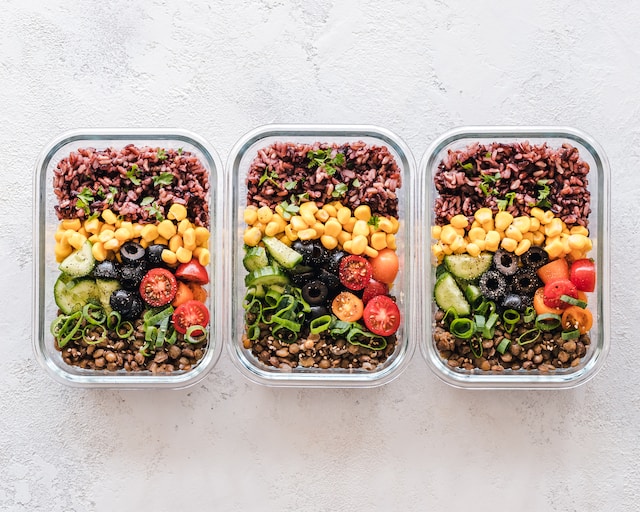
Now that we’ve established the importance of eating enough for weight loss, here are 7 things to keep in mind when you are eating more to lose weight:
- 1. Prioritize Nutrient-Dense Foods
Focus on foods that are rich in nutrients and low in empty calories. Vegetables, fruits, lean proteins, whole grains, and healthy fats should form the basis of your diet. These foods provide the necessary nutrients to support your body’s functions without loading you up with excessive calories. - 2. Eat More Frequent Meals and Snacks
Instead of sticking to three large meals a day, consider spreading your calorie intake throughout the day by eating smaller, more frequent meals and snacks. This can help maintain stable blood sugar levels, reduce hunger, and prevent overeating. - 3. Listen to Your Body
Pay close attention to your body’s hunger and fullness cues. Eat when you’re hungry and stop when you’re satisfied. Avoid mindless eating or eating out of boredom, stress, or other emotional triggers. - 4. Include Protein-Rich Foods
Protein is essential for preserving muscle mass and supporting weight loss. Incorporate lean sources of protein such as poultry, fish, tofu, beans, and legumes into your meals and snacks. - 5. Don’t Fear Healthy Fats
Healthy fats, found in avocados, nuts, seeds, and olive oil, are an essential part of a balanced diet. They help keep you feeling full and satisfied, making it easier to control your calorie intake. - 6. Stay Hydrated
Sometimes, thirst can be mistaken for hunger. Ensure you’re adequately hydrated throughout the day by drinking water and other low-calorie beverages. Sound boring? Try my recipe for Infused Debloating Water. - 7. Consult a Professional
If you’re unsure about how to eat more to lose weight or suspect that you’re not eating enough, consider seeking guidance. A dietitian or nutritionist can give you advice on nutrition issues and healthy eating habits. A professional weight loss coach like me can help create a personalized meal plan that aligns with your weight loss goals and ensures you’re meeting your nutritional needs. A good weight loss coach will meet you where you are and help you transition to the best metabolism-boosting diet for you with personalized guidance and meal plans.

In the pursuit of weight loss, it’s essential to remember that eating more, when done wisely, can be a key to success. By understanding the science behind metabolism, recognizing the signs of inadequate calorie intake, and adopting a balanced approach to eating, you can unlock your body’s potential for sustainable weight loss.
Don’t let the myth of strict calorie restriction hold you back. Embrace the power of nutrient-dense foods, regular meals and snacks, and mindful eating to fuel your weight loss journey. Ultimately, it’s about nourishing your body, not depriving it, that will help you achieve and maintain your ideal weight.
If you need help figuring out what to eat to lose weight, how to stay motivated, or the next step to take to get the best body of your life, learn more about my 8 Week Slim Down Jump Start or book a call to get started.

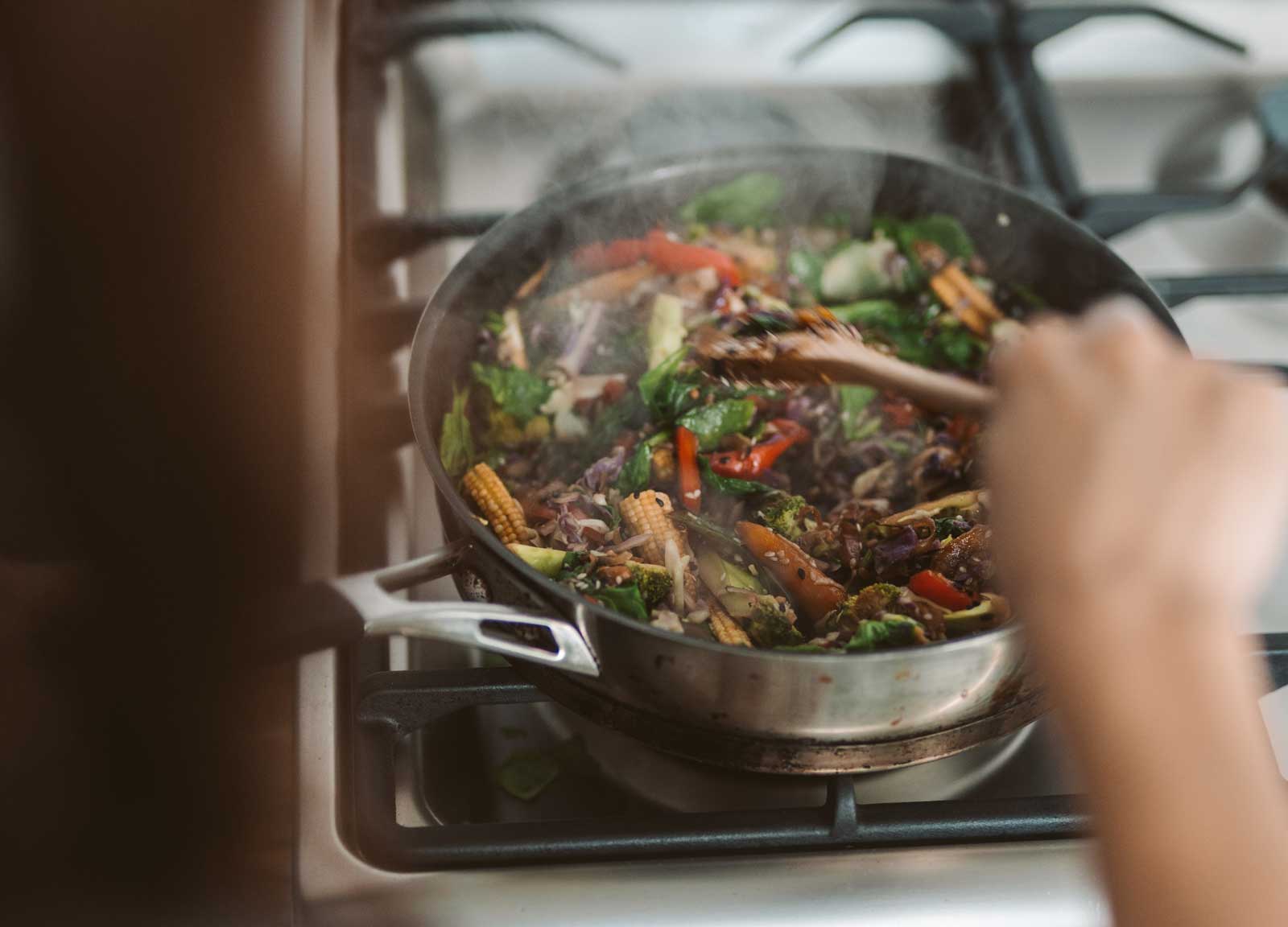
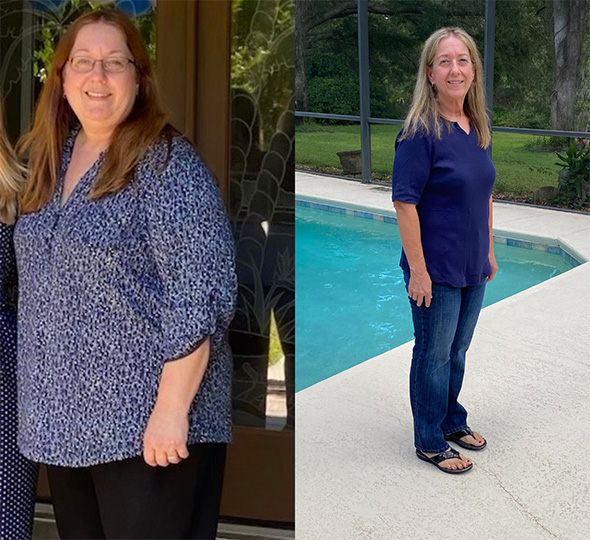
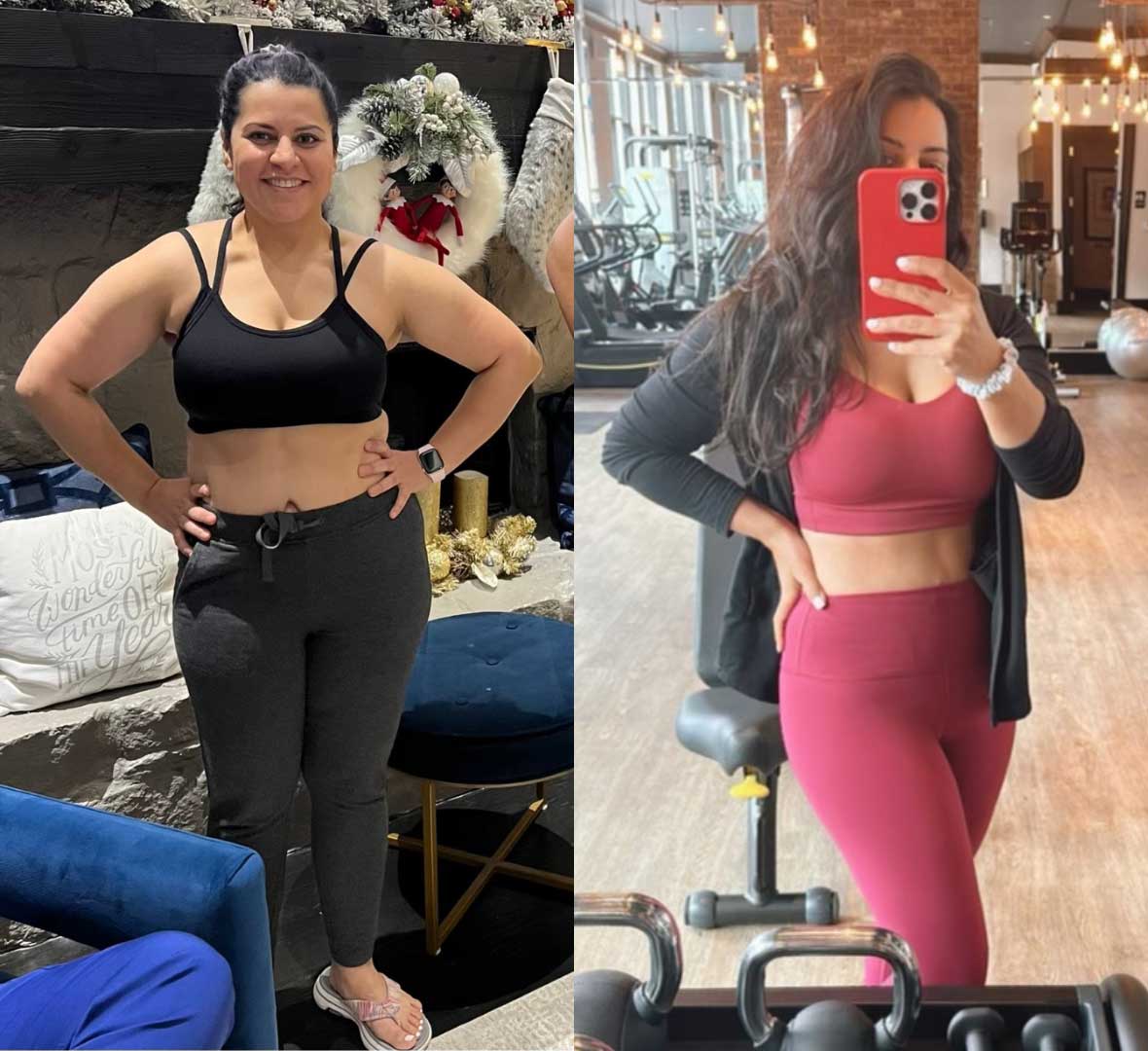
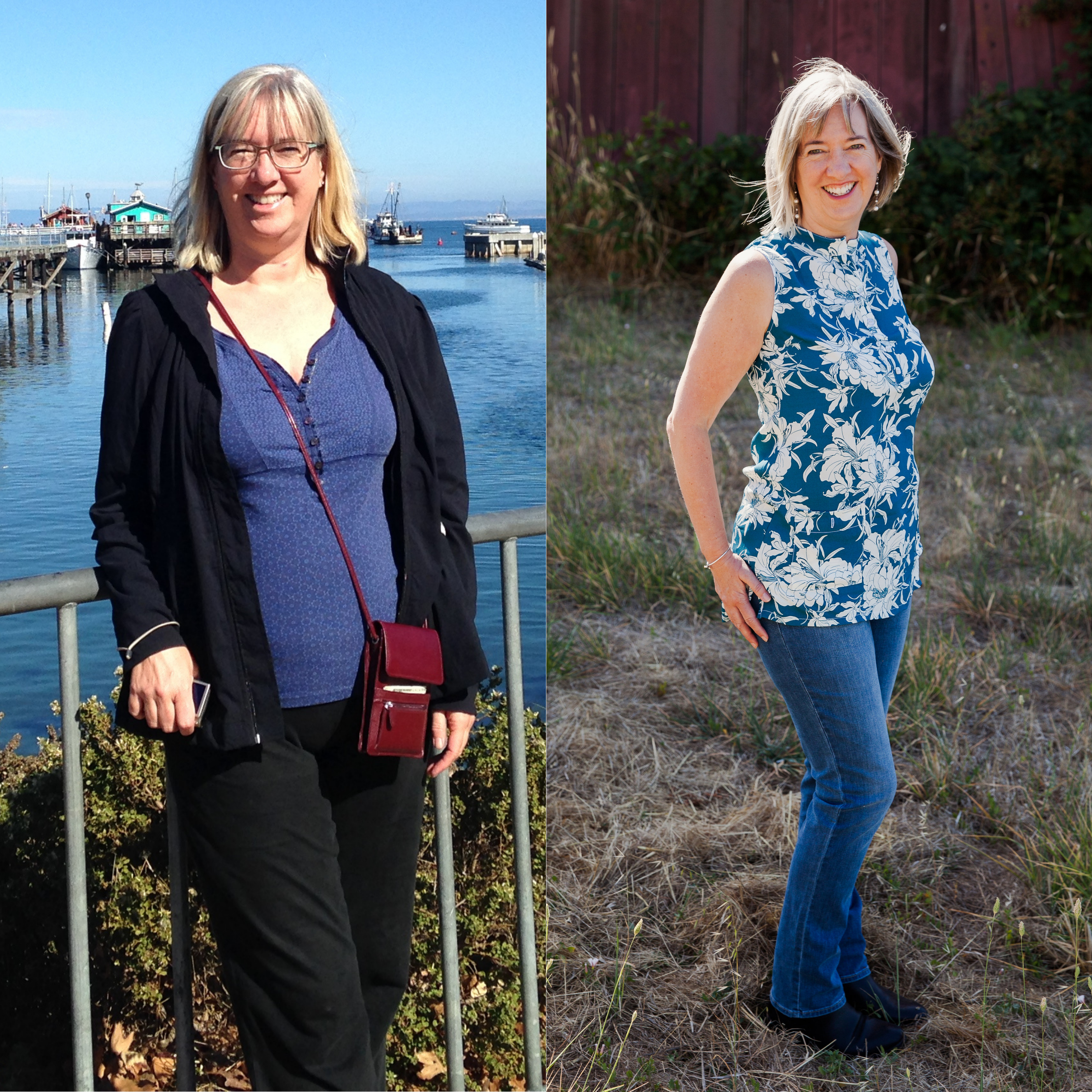
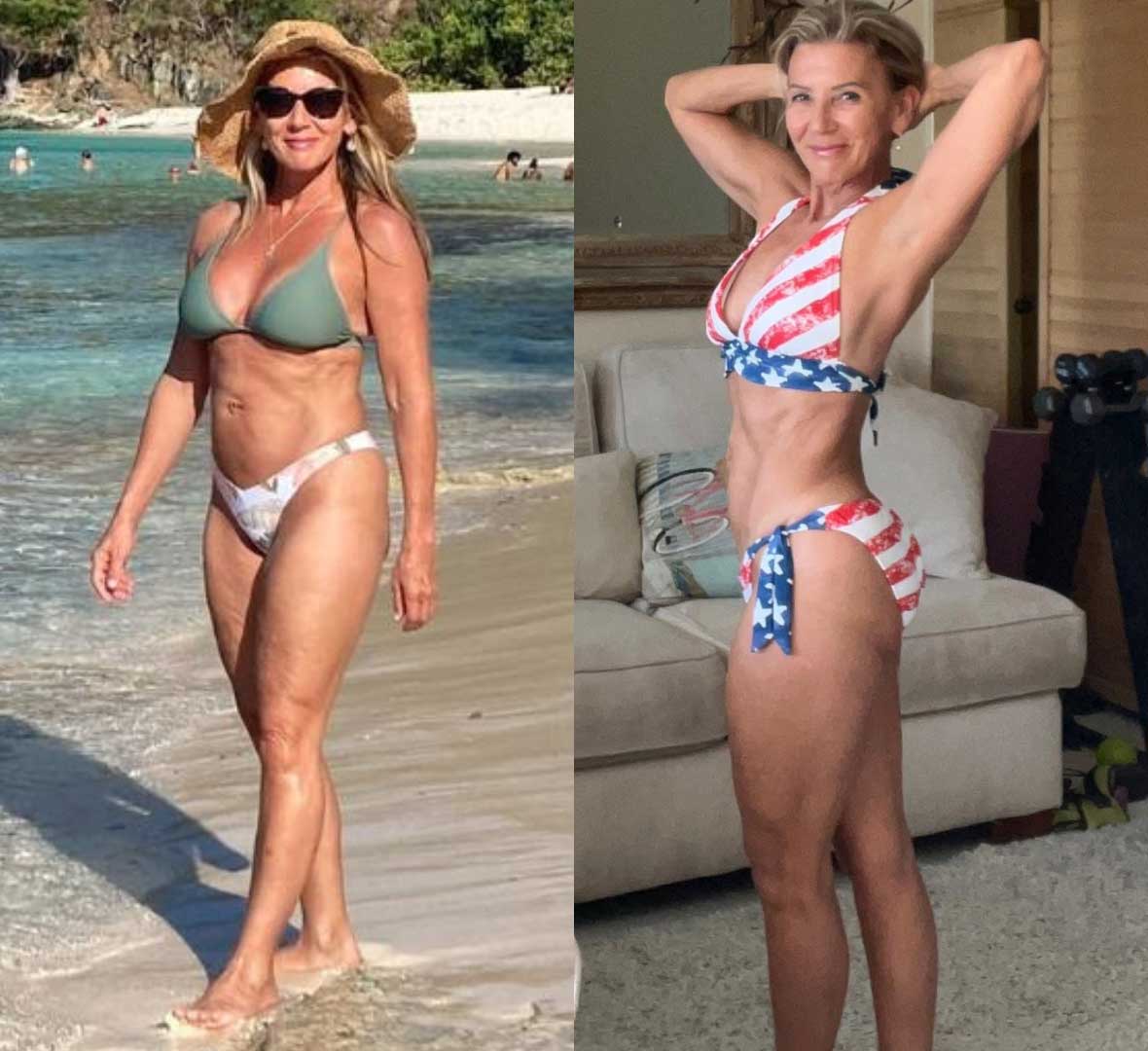
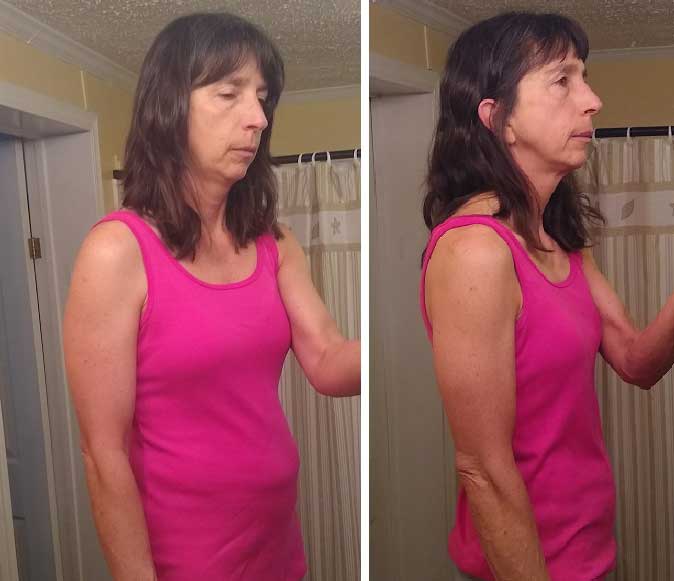
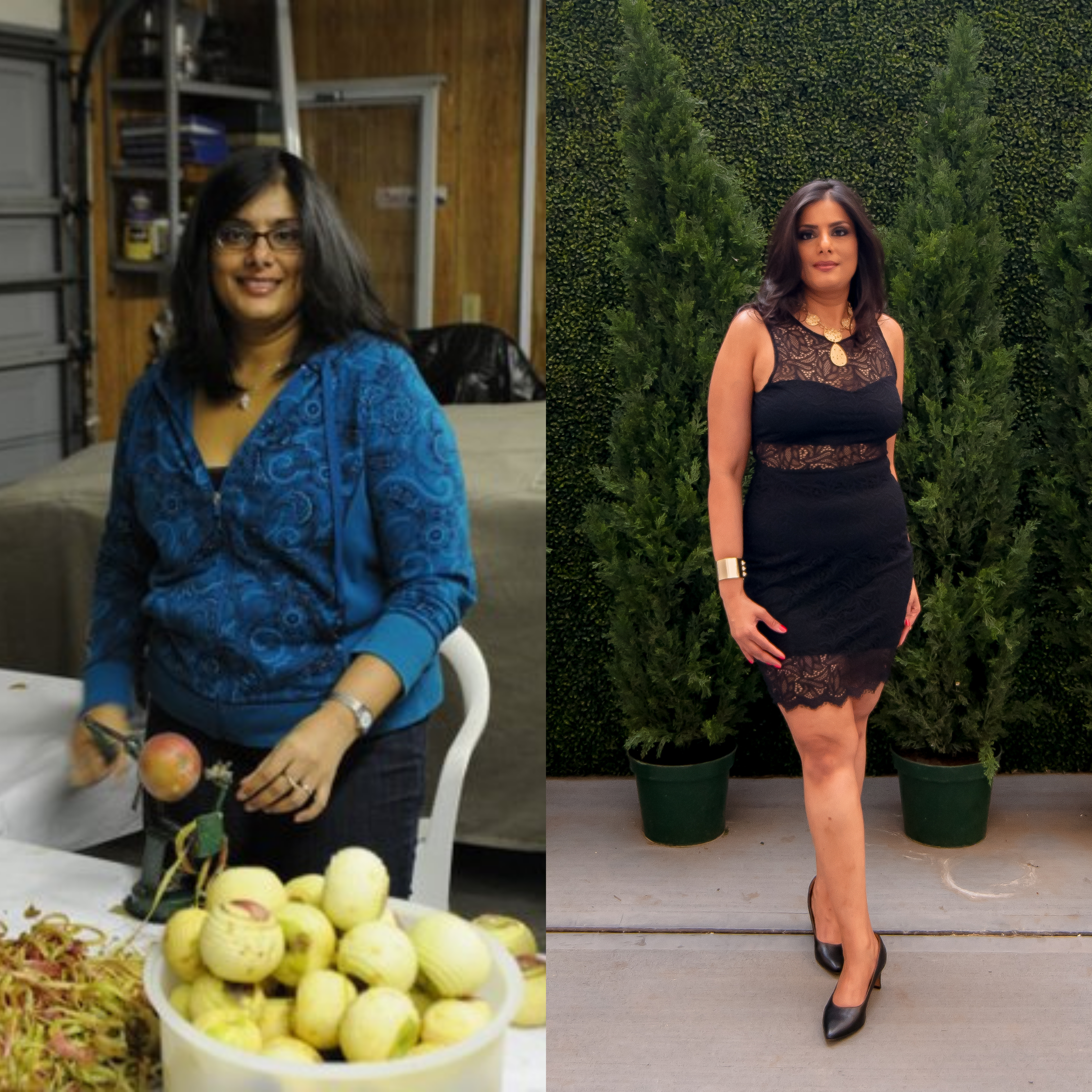
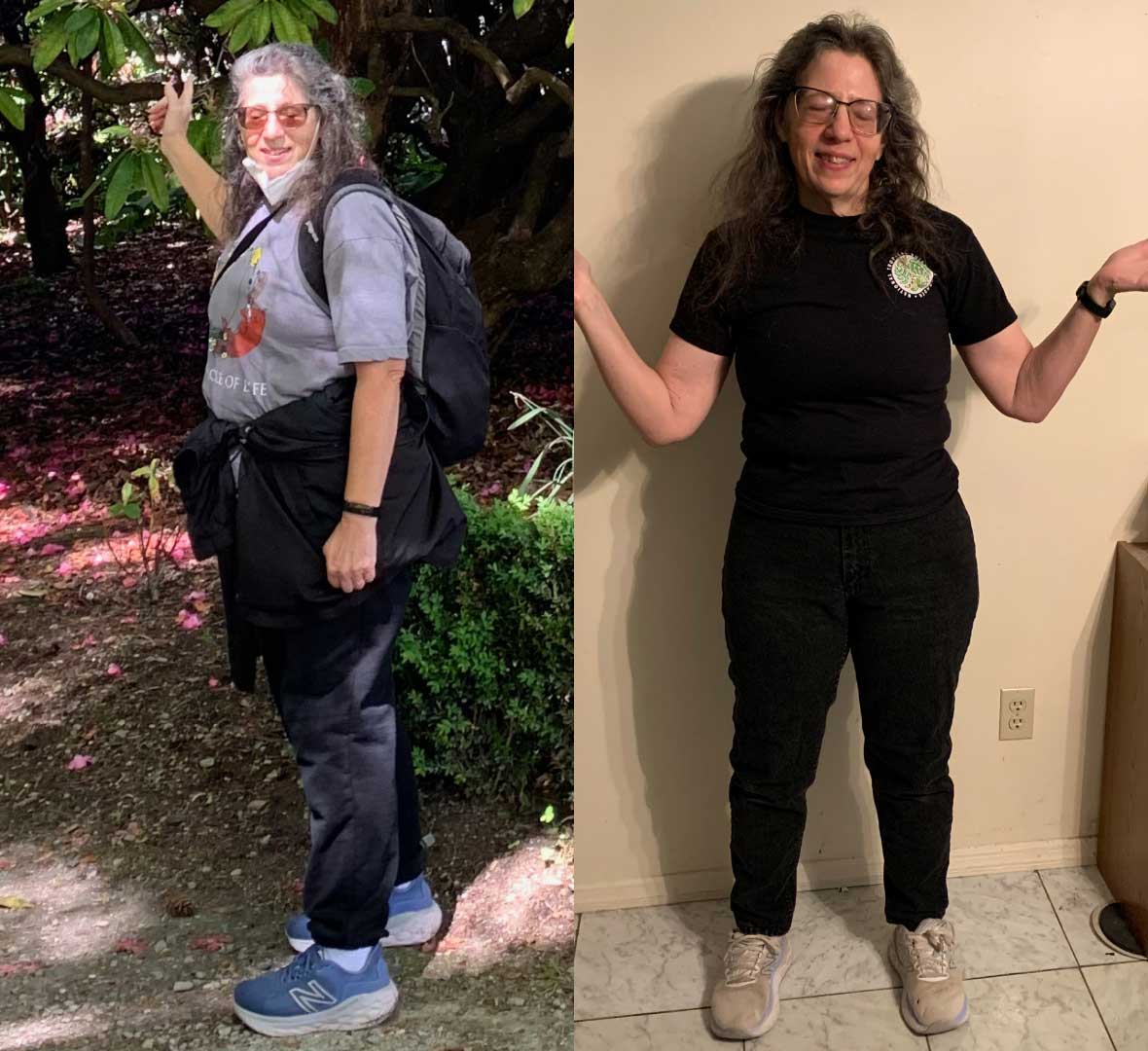

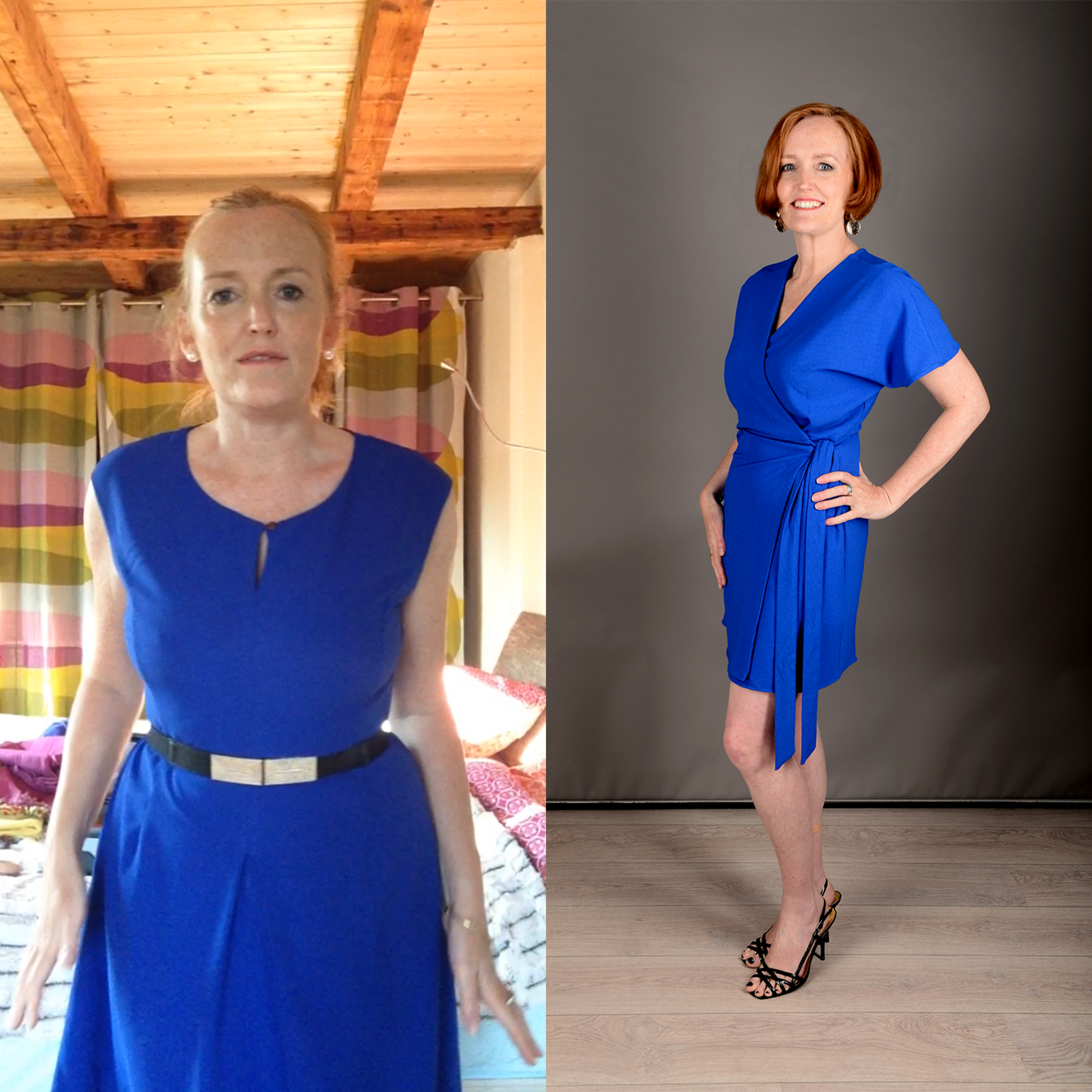
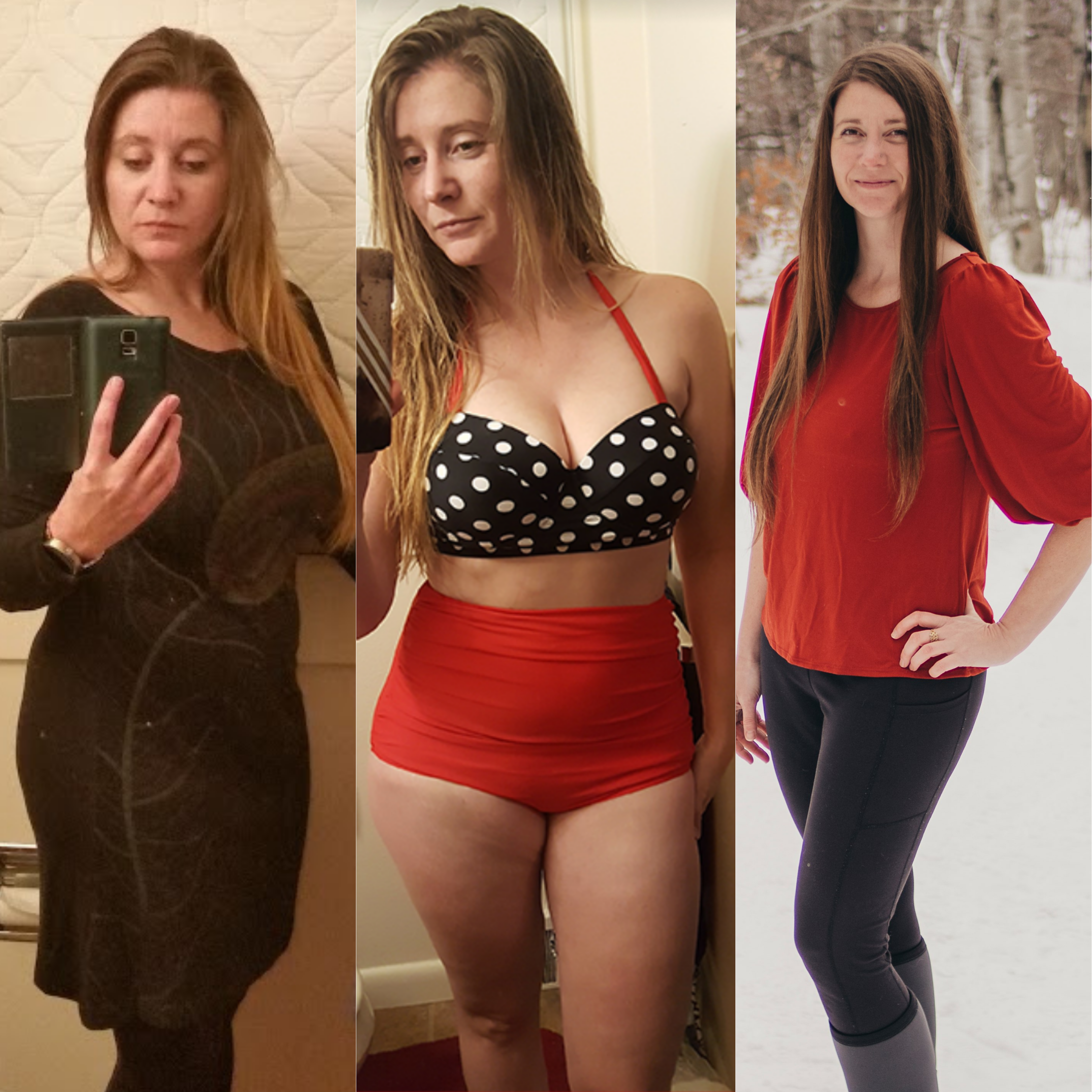
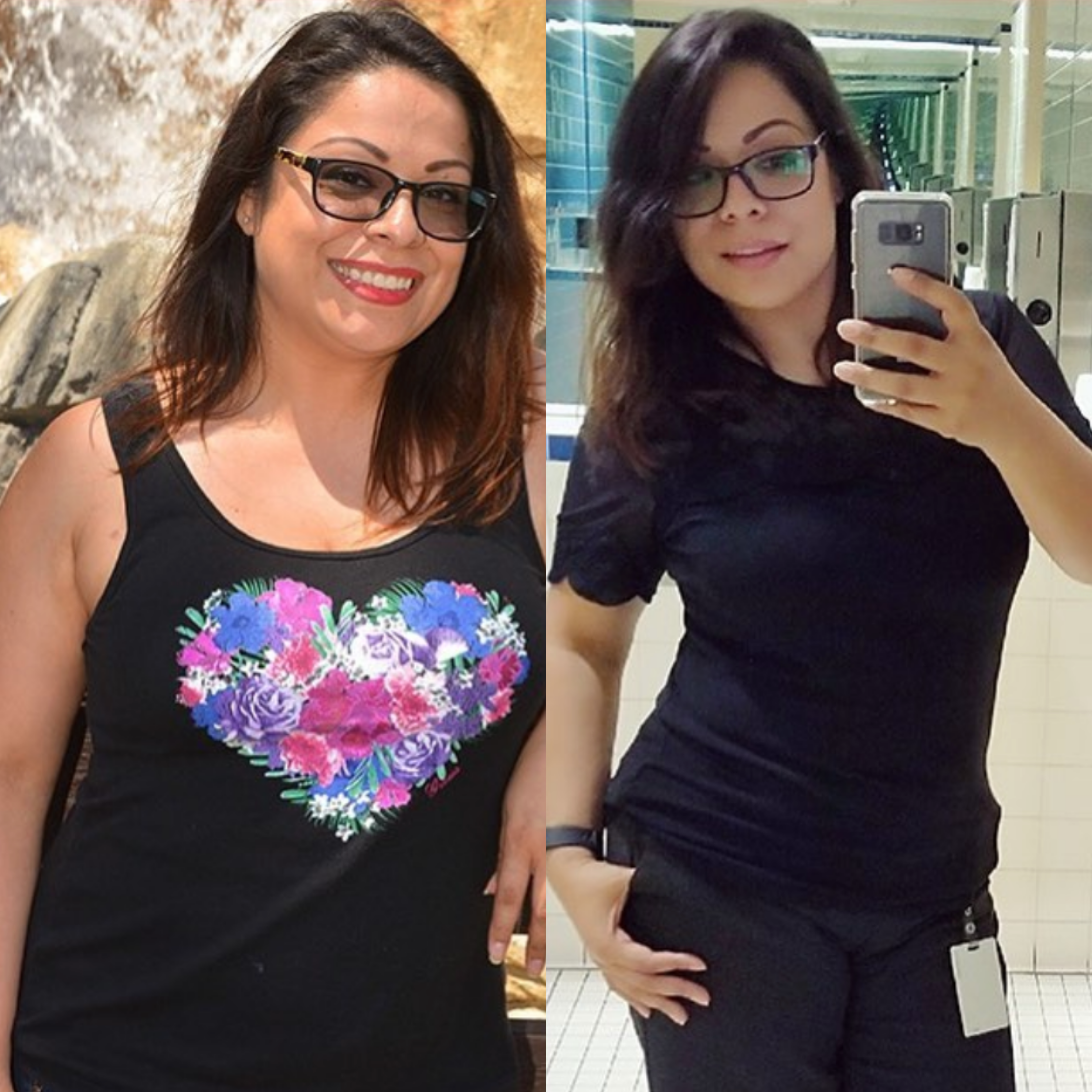

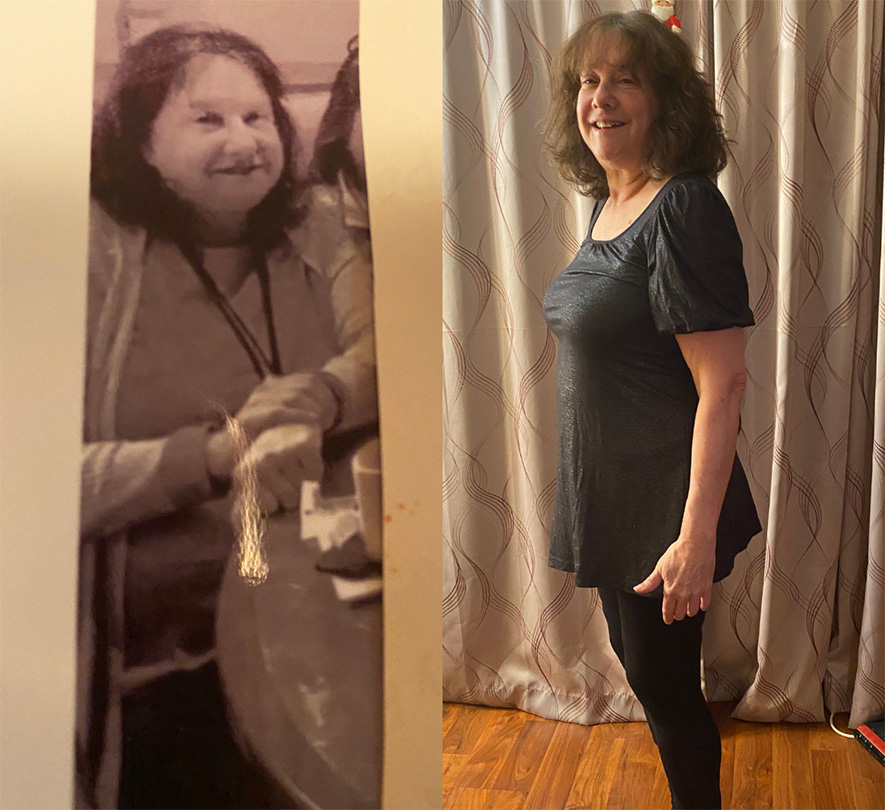
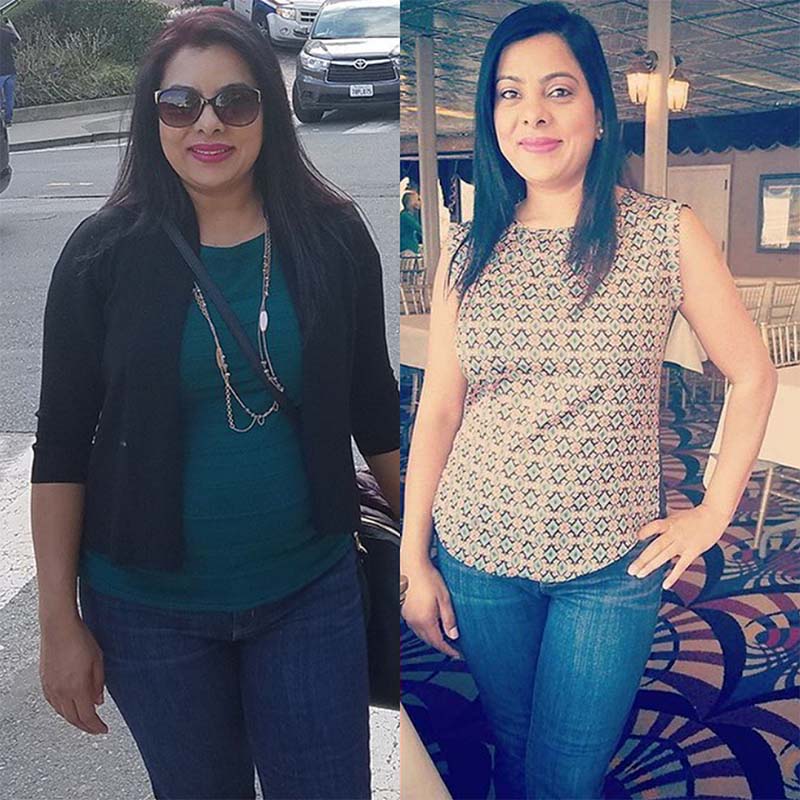

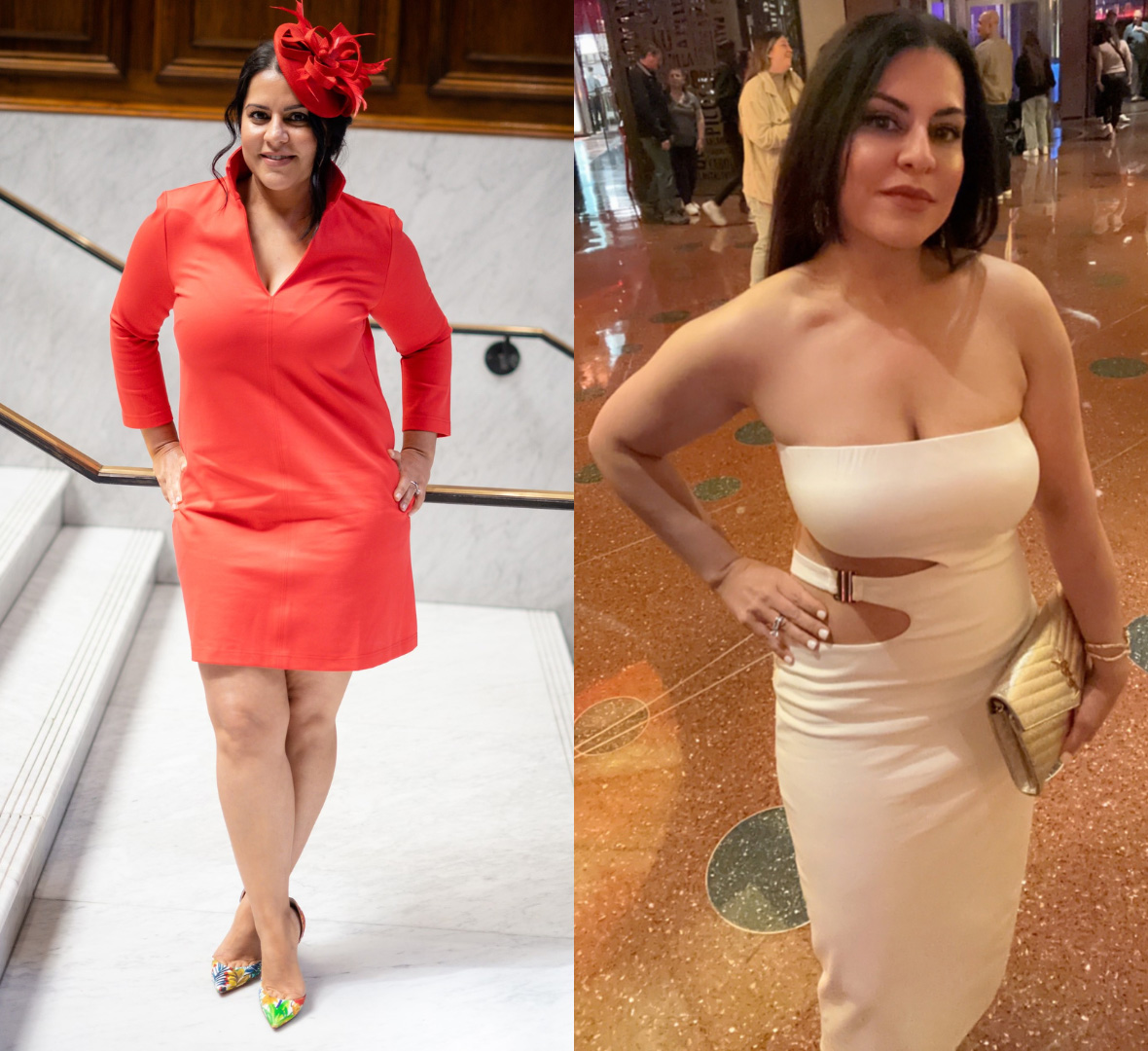
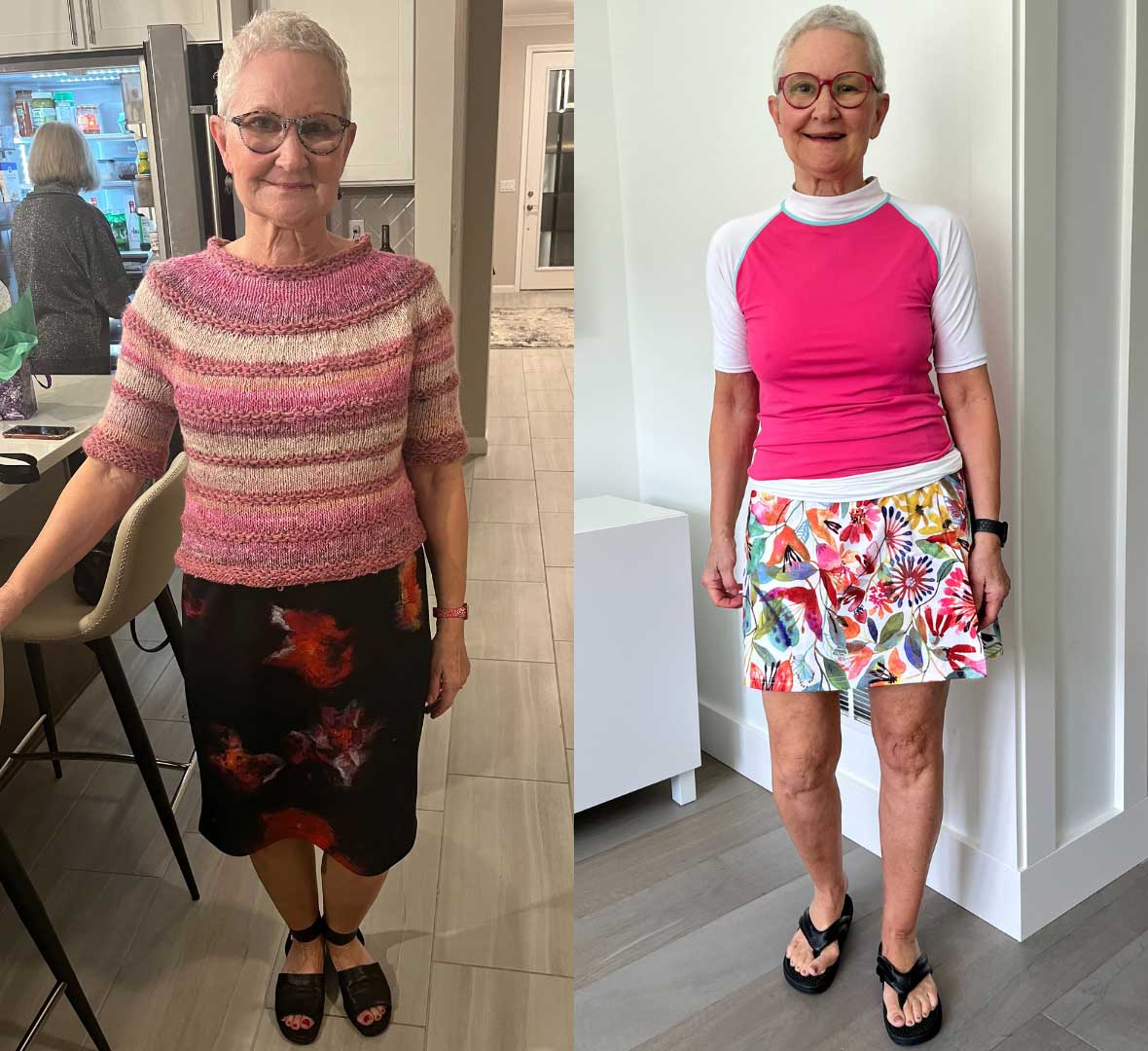
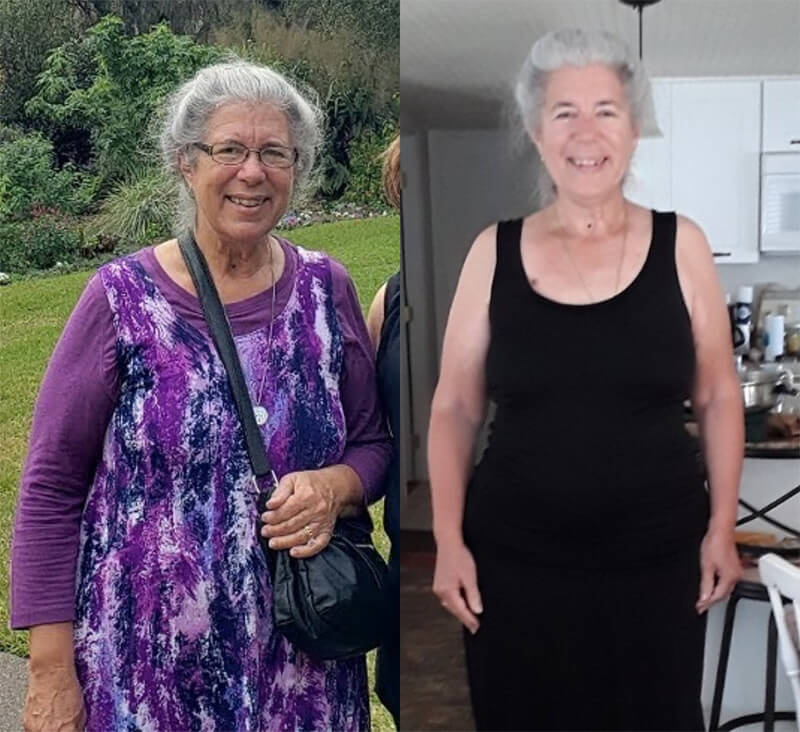
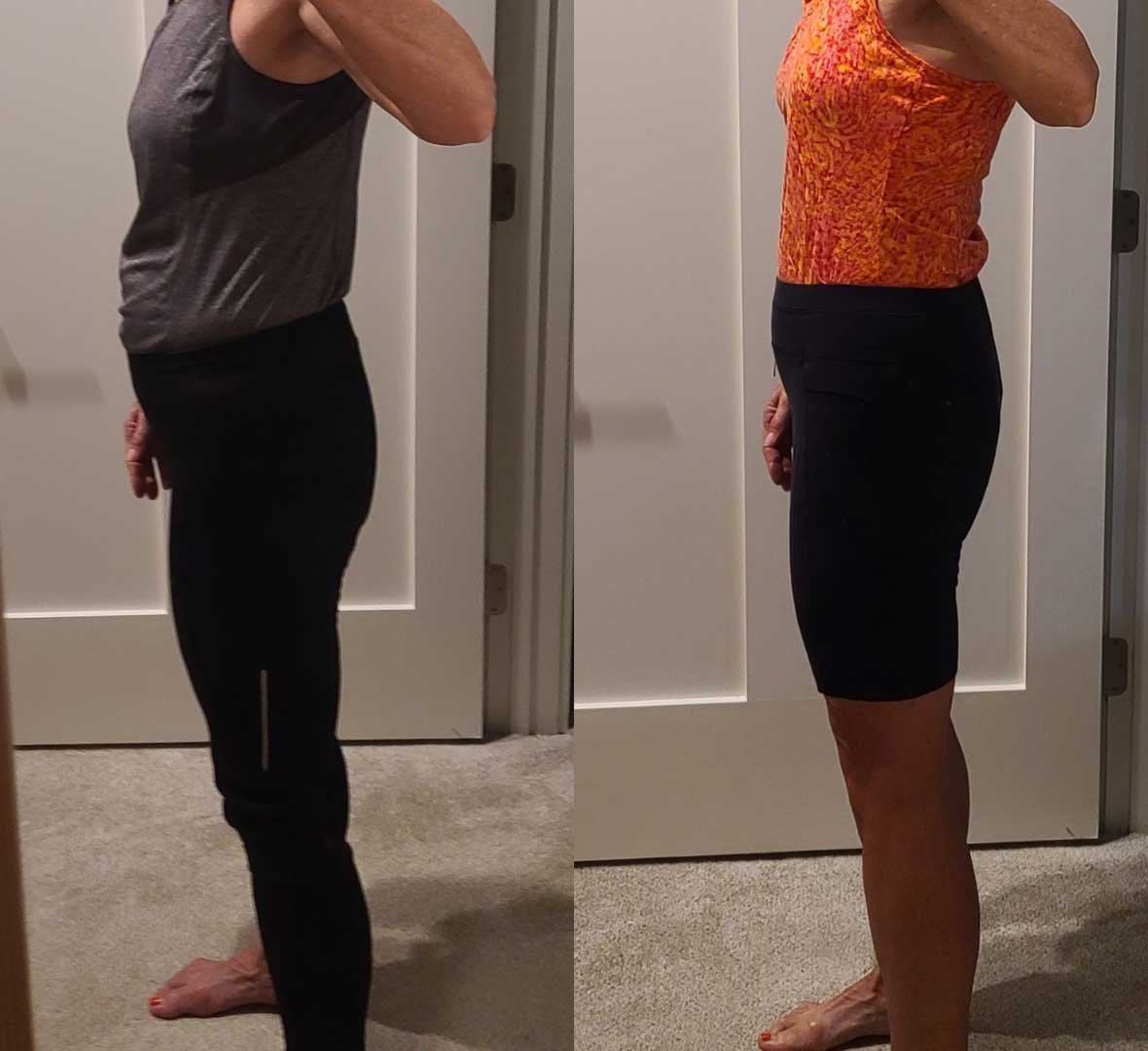

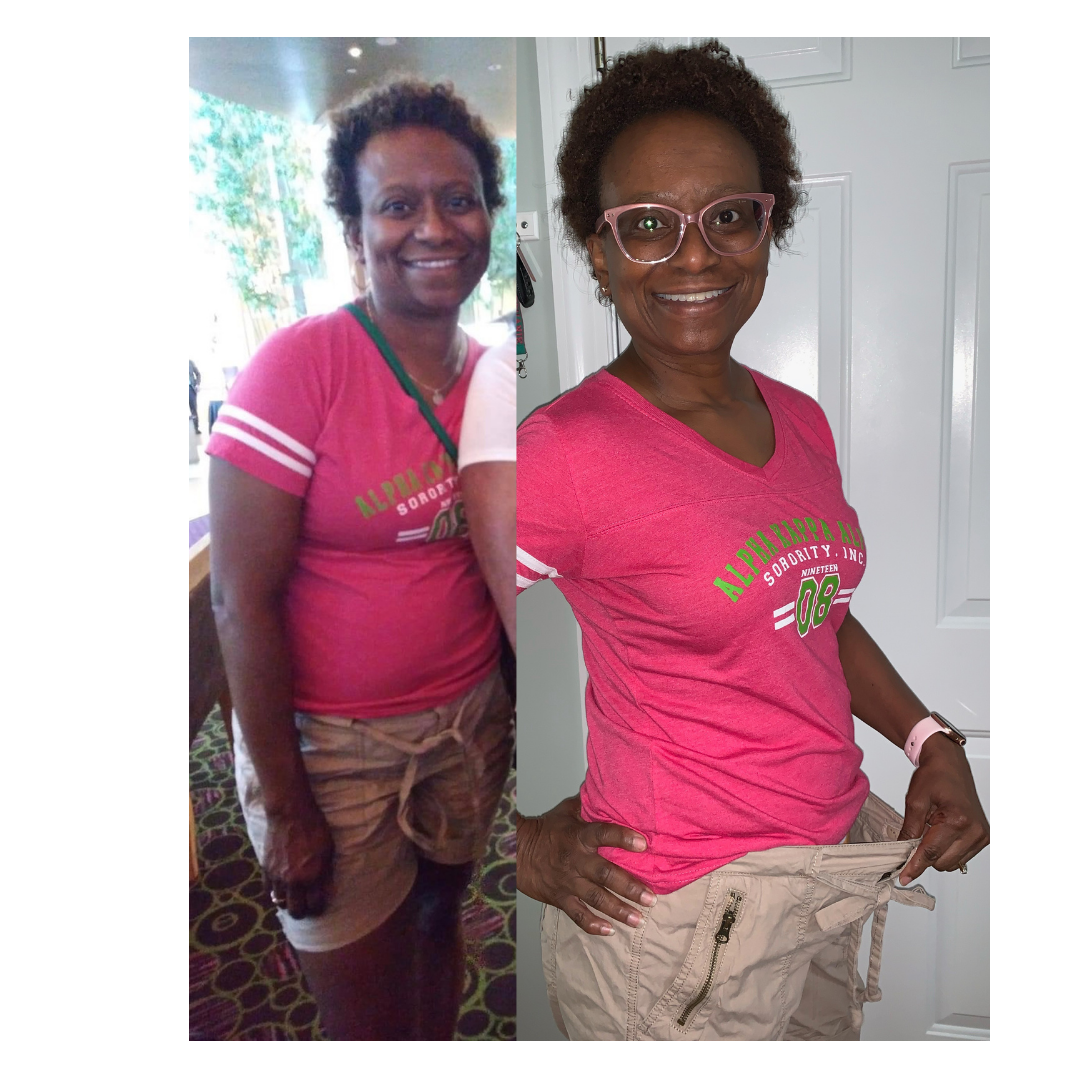


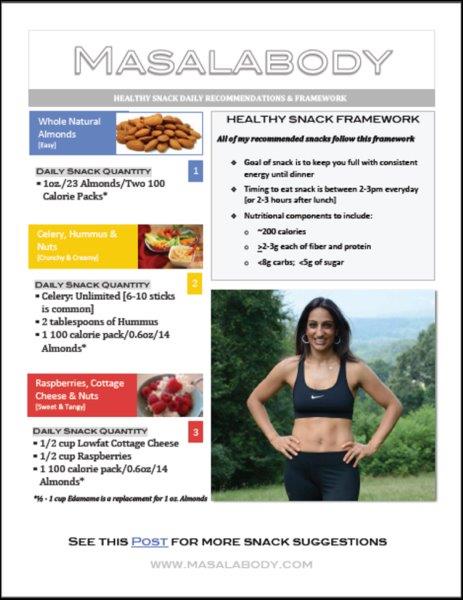




Reader Interactions